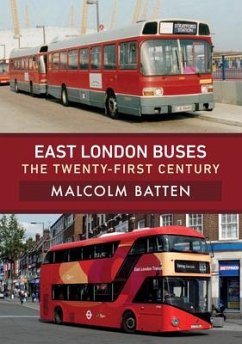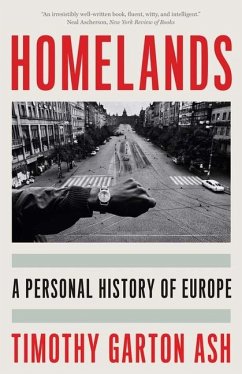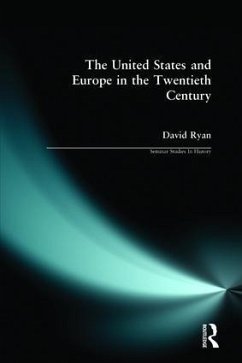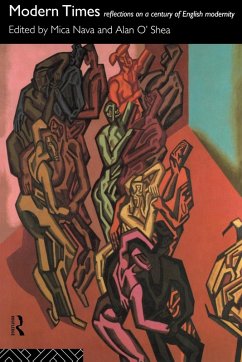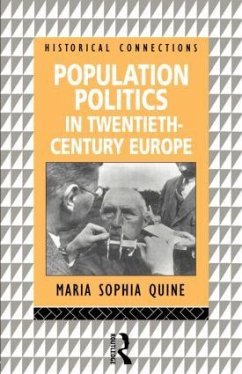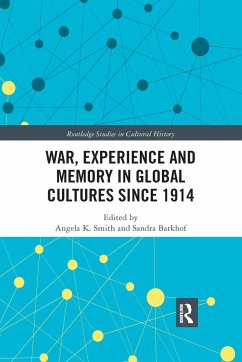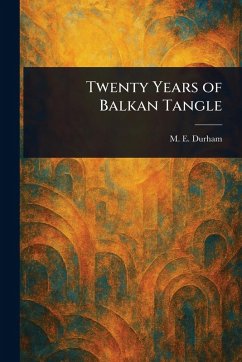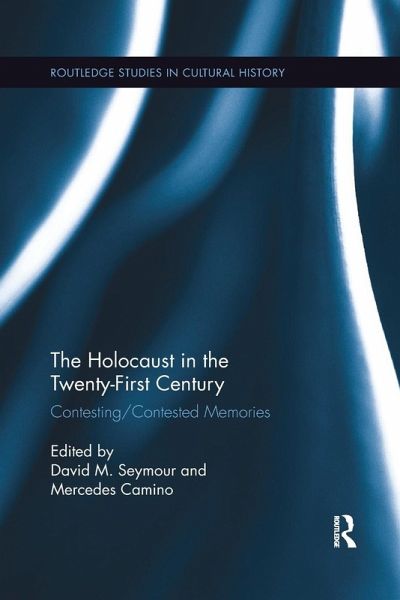
The Holocaust in the Twenty-First Century
Contesting/Contested Memories
Herausgeber: Seymour, David M; Camino, Mercedes
Versandkostenfrei!
Versandfertig in über 4 Wochen
57,99 €
inkl. MwSt.

PAYBACK Punkte
29 °P sammeln!
This volume locates and explores historical and contemporary sites of contested meanings of Holocaust memory across a range of geographical, geo-political, and disciplinary contexts.





